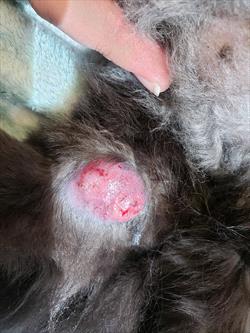gi lymphoma in cats vin
Feline GI lymphoma appears to occur as one of two major types with a portion of cats being affected by a more indolent small-cell lymphocytic form of lymphoma and others having a more aggressive large-cell lymphoblastic form of lymphoma. In cats both gastrointestinal gi lymphoma and inflammatory bowel disease ibd present with chronic diarrhea and vomiting.

Taking A Cat S Temperature Doesn T Have To Be Difficult Taking Cat Cat Health Cats
Low-grade gastrointestinal lymphoma may be more common than previously thought and these cats respond better to chemotherapy agents than cats with.
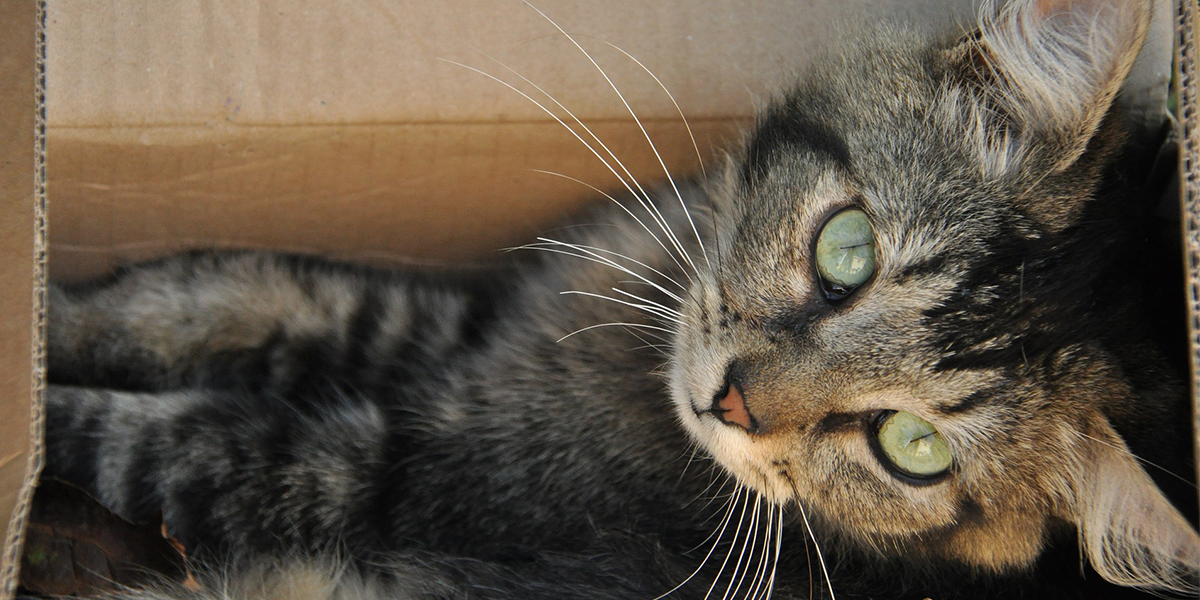
. This particular type of cancer is known for more frequently affecting cats with the feline infectious virus FeLV because the immune system is already compromised. Most cats are feline leukemia virus-negative and feline immunodeficiency virus-negative. It is also the most common cause of hypercalcemia in cats a condition.
80 respond well survival up to 2 years. Gastrointestinal lymphoma is a common cause of anorexia and weight loss in older cats with or without vomiting or diarrhea. It typically involves several areas of the GI tract and can involve multiple lymph nodes the spleen liver and the bone marrow and blood.
Treated 132 cats with primarily GI lymphoma 72 with most cats FeLV antigen negative and clinical substage b or sick with the AMC protocol. Intestinal lymphoma originates in the GI tract and will often be accompanied by severe gastrointestinal symptoms. Feline gastrointestinal tract lymphoma immunohistochemistry lymphocyte antigen receptor gene rearrangement CD3 CD79a granzyme B Lymphoma is the most common hemopoietic neoplasm in the cat and the incidence is reported to be the highest for any species592127 Since the decline in the United States in the incidence of feline leukemia.
In general lymphoma is a cancer of a type of white blood cell called a lymphocyte. Intestinal lymphoma is the most common form of lymphoma in cats. Ad Help support the lymphatic system naturally and keep your pet comfortable.
Monoclonal gammopathy is rare. However multiple chemotherapy pro. 48 Treatment of large-cell feline GI lymphoma with multiagent chemotherapy protocols has led to median remission durations of.
It is also considered one of the most widespread forms of cancer among cats. Gastrointestinal lymphoma is often referred to as either well differentiated low grade or lymphocytic poorly differentiated high grade lymphoblastic or immunoblastic and intermediate or mixed. Gastrointestinal lymphoma in cats is a form of alimentary cancer which occurs in the intestinal tract of a cat.
Obalamin vitamin 12 deficiency is common in cats with chronic gastrointestinal disease and may play a role in intestinal. Find NHVs tried and tested pet lymphoma supplements in one holistic pack. The differences in reported incidences may also be associated with.
Physical exam findings may be normal though thickened intestines or abdominal masses may be felt. Aggressive chemotherapy survival is 3 months if cat has FeLV 9-12 months if no FeLV. Lymphoma is collection of cancers arising from the malignant transformation of lymphocytes and is a diverse group of neoplasms with the common origin of the lymphoreticular cells.
This is by far the most common type of lymphoma in cats accounting for 50-70 of feline lymphoma cases. It is perhaps one of the most common types of all cancer associated with cats. Older studies suggested that the gastrointestinal location was less common than other anatomical locations however more recent studies suggest that a gastrointestinal location is the most common site.
It can also be found in the kidneys eyes central nervous system nose and skin. Large cell GI lymphoma. Bloodwork is likely to be normal in cats with gastrointestinal.
Lymphoma in cats veterinary partner vin. Chemotherapy or radiation therapy. Aggressive chemotherapy 50 with some remission survival 3-10 months.
Lymphocytic aka small cell or low grade alimentary lymphoma most commonly occurs in the GI tract in cats. Low-grade small cell lymphocytic feline GI lymphoma is composed of small relatively well-differentiated. Lymphoma is the general term for cancer that originates in the lymphocytes or white blood cells of the immune system.
Feline GI lymphoma is histologically classified as low intermediate or high grade according to the size and anaplasticity of the neoplastic lymphoid cells. Gastrointestinal GI or alimentary lymphoma is the most common form of lymphoma in cats1-3. High-grade GI lymphoma specifically is an aggressive form of cancer in cats which is often wide spread at diagnosis.
Occasionally cats can have hyperglobulinemia due to mild polyclonal gammopathy. In that study 67 achieved complete remission with a first remission duration for all 132 cats of 49 months range 1 day-54 years and median survival time of 69 months range 05 month-56 years. Lymphoma accounts for one third of all cancers developed by cats.
Because lymphocytic inflammatory bowel disease IBD is a major differential for small cell GI lymphoma diagnosis requires full thickness ie surgical biopsies. Lymphoma in cats is often classified based on its location and the size of the cancer cells. Lymphoma LSA is one of the most commonly occurring cancers in cats.
This type of lymphoma is linked to nearly 70 of cases in cats and is most common in seniors ranging from 10-13 years old. Clinical signs of lymphoma in the gastrointestinal tract include weight loss vomiting diarrhea and often either a decreased or increased appetite. This term describes lymphoma that affects the gastrointestinal tract.
In contrast to dogs feline lymphoma most commonly affects the gastrointestinal GI tract. Hypoalbuminemia is rare in cats with ID so this finding should raise the suspicion for lymphoma S LSA or LLSA. Lymphoma is the most common feline neoplasm and the most common gastrointestinal neoplasm.
Gastrointestinal GI lymphoma is the most frequently diagnosed form of lymphoma in the cat and is categorized into two distinct forms based on the size of neoplastic lymphocytes. Treatments for both large- and small-cell GI lymphoma have been described previously. It is most common in senior cats with the average age at diagnosis ranging from 9-13 years old.
When the mediastinal lymph nodes become infiltrated with lymphoma a mass is apparent in the mediastinum and a cancerous fluid fills the chest restricting breathing. Gastrointestinal lymphoma in cats is an increasingly common disease that can affect a cats small intestine stomach liver abdominal lymph nodes or large intestine. Lymphoma is the most common feline neoplasm.
Treatment of Intestinal Lymphoma in Cats. It can occur in a variety of anatomic locations with the most common being the gastrointestinal tract nasal cavity mediastinum area in the chest between the. It is also the most common form of gastrointestinal neoplasia in cats.

Glomerulonephritis In Dogs And Cats Veterinary Partner Vin Dog Cat Body Protein Chronic Inflammation
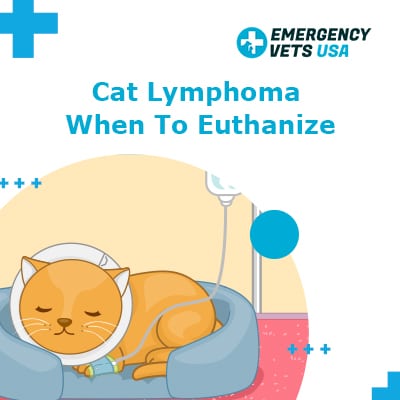
Cat Lymphoma When To Euthanize Our Opinion
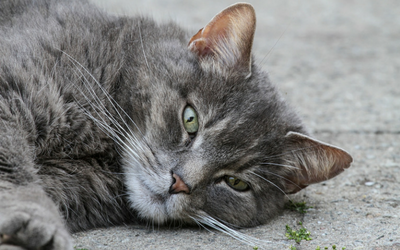
Lymphoma In The Cat Vca Animal Hospitals

Intestinal Cancer Adenocarcinoma In Cats Petmd

Uncovering The Cause Of Fever In Cats Today S Veterinary Practice

Lymphoma In Cats Veterinary Partner Vin

Lymphoma In Dogs Veterinary Partner Vin Lymphoma In Dogs Pet Cancer Lymphoma

Mirtazapine Vca Animal Hospitals
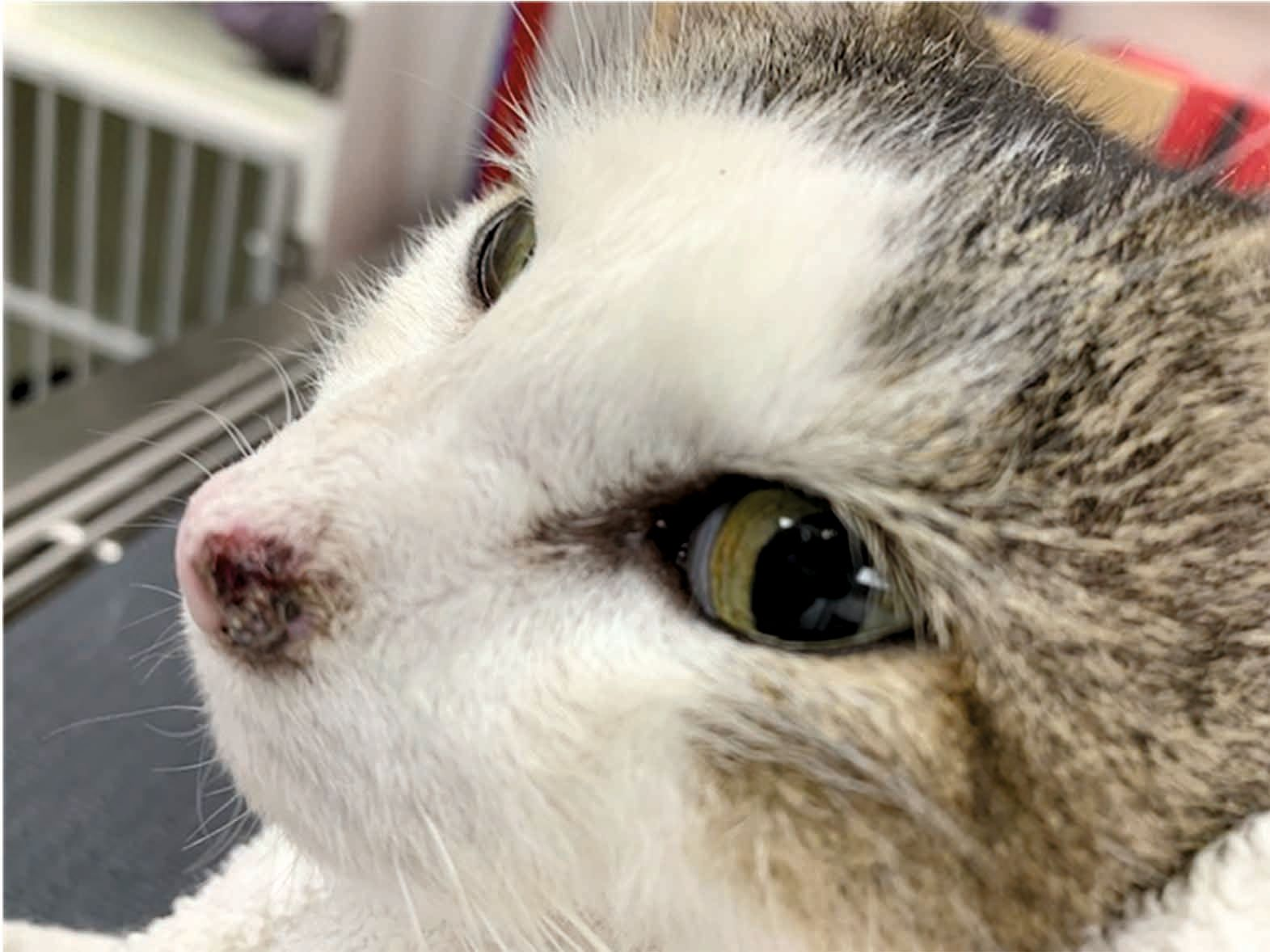
Diseases Of The Feline Nasal Planum Vet Focus
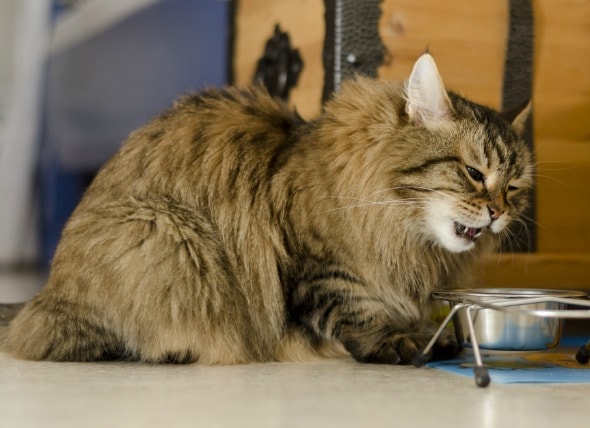
Swallowing Difficulties In Cats Petmd
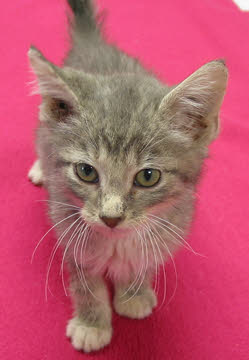
Feline Leukemia Virus Felv Veterinary Partner Vin

Taking A Cat S Temperature Doesn T Have To Be Difficult Taking Cat Cat Health Cats

Pica In Cats International Cat Care
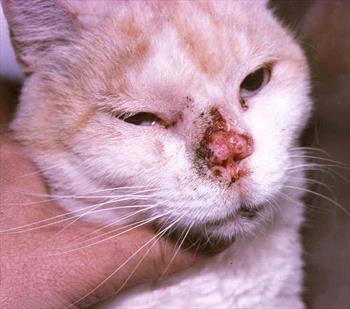
Nasal Squamous Cell Carcinoma In Cats Veterinary Partner Vin

Intestinal Cancer Adenocarcinoma In Cats Petmd
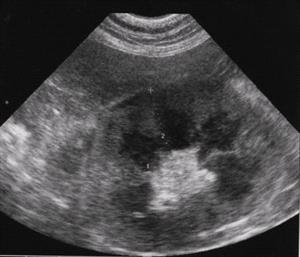
Lymphoma In Cats Veterinary Partner Vin

Infiltrative Bowel Disease In Cats Veterinary Partner Vin

